Operating Systems Android vs iOS, Which One is Better?
In the world of mobile devices, two major operating systems dominate the market: Android and iOS. Both Android and iOS have their own strengths and weaknesses, offering different experiences to users. This article will compare these two operating systems, highlighting key aspects like performance, security, apps, and user experience, to help you decide which one is the best fit for your needs.
1. Android vs iOS: Major Differences, Features, and Platform Overview
a. Android
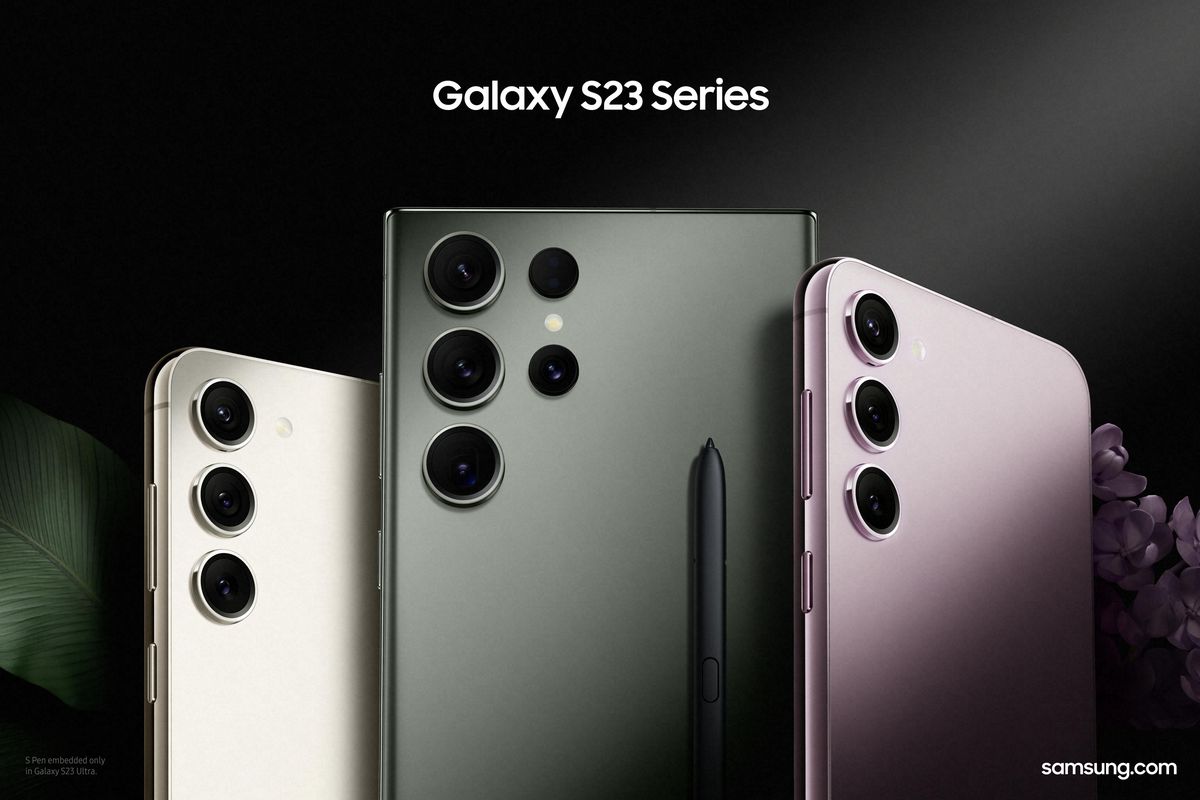
Android is an open-source operating system developed by Google. It offers greater freedom for users, allowing for more customization of devices and access to apps from various sources. For example, the Samsung Galaxy S23, a flagship Android device, offers exceptional performance, stunning AMOLED display, and top-tier processing power with its latest chip. Known for its extensive customization options, the Galaxy S23 gives users a premium Android experience.
b. iOS
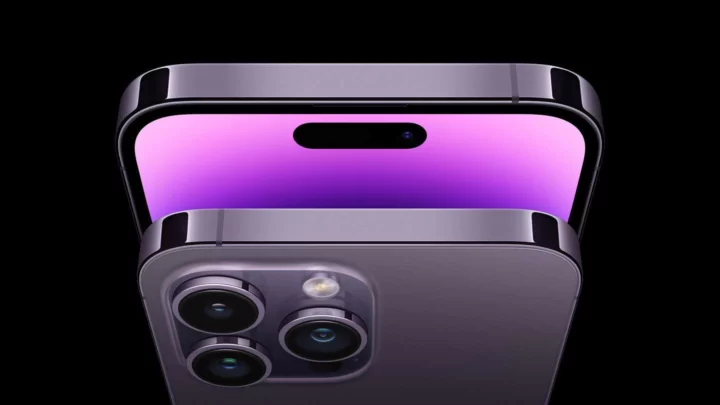
iOS is Apple’s proprietary operating system, available only on Apple devices like the iPhone, iPad, and iPod. iOS is renowned for its tight security and seamless integration of hardware and software. The iPhone 14 Pro, for instance, is a flagship iOS device that stands out with its premium build quality, advanced camera system, and high performance powered by the A16 Bionic chip. iOS delivers a consistent user experience, tight integration with Apple’s ecosystem, and timely software updates.
2. Android vs iOS: User Interface (UI) Design and User Experience (UX) Comparison
a. Android UI
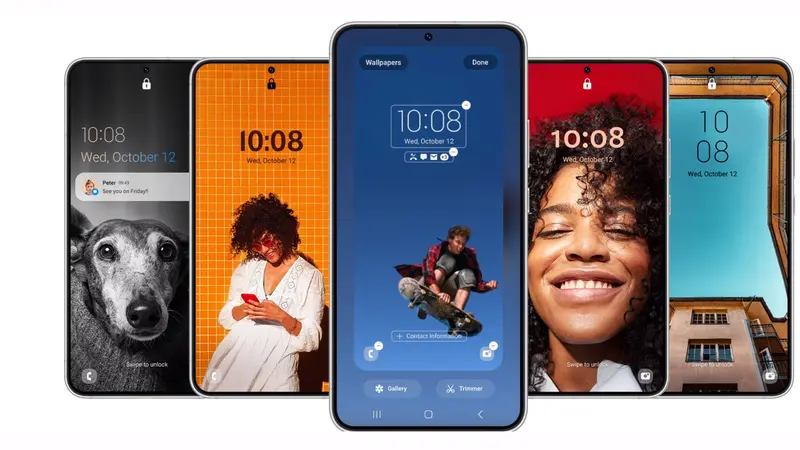
Android features a flexible and customizable interface. Users can change themes, icons, and even launchers (home screen layouts). This freedom allows users to personalize their devices. For example, on the Samsung Galaxy S23, users can adjust the home screen, widgets, and overall look to suit their style, offering a more personalized experience.
b. iOS UI
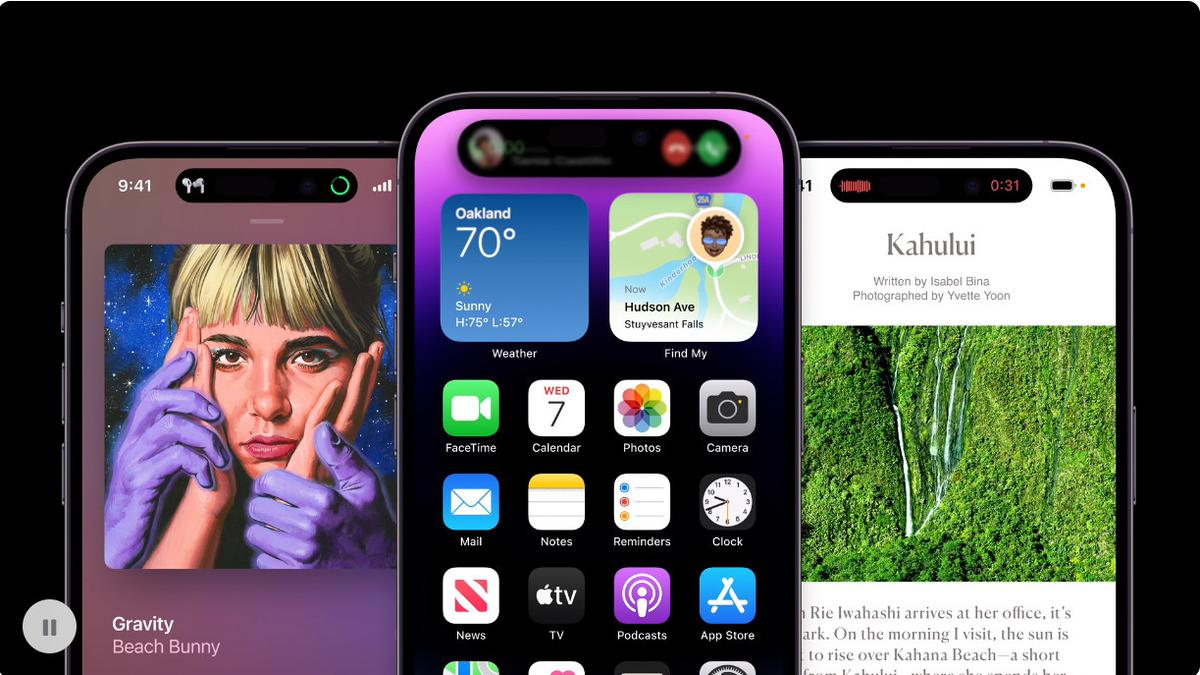
iOS offers a more consistent and simplified interface. While customization options are limited, the minimalistic design and ease of use make it a favorite for users who prefer a straightforward, intuitive experience. On devices like the iPhone 14 Pro, the user experience is smooth and streamlined, thanks to an organized and user-friendly design.
Key Point: Android offers more customization options, while iOS provides a simpler and more consistent user experience.
3. Performance, Speed, and Optimization: Android vs iOS
a. Android Performance
Android operating systems comes in a wide range of devices, from entry-level to flagship models. This means performance can vary significantly depending on the device. The Samsung Galaxy S23, for example, delivers outstanding performance thanks to its Exynos 2200 (or Snapdragon 8 Gen 2 in some regions), which handles heavy gaming and multitasking with ease.
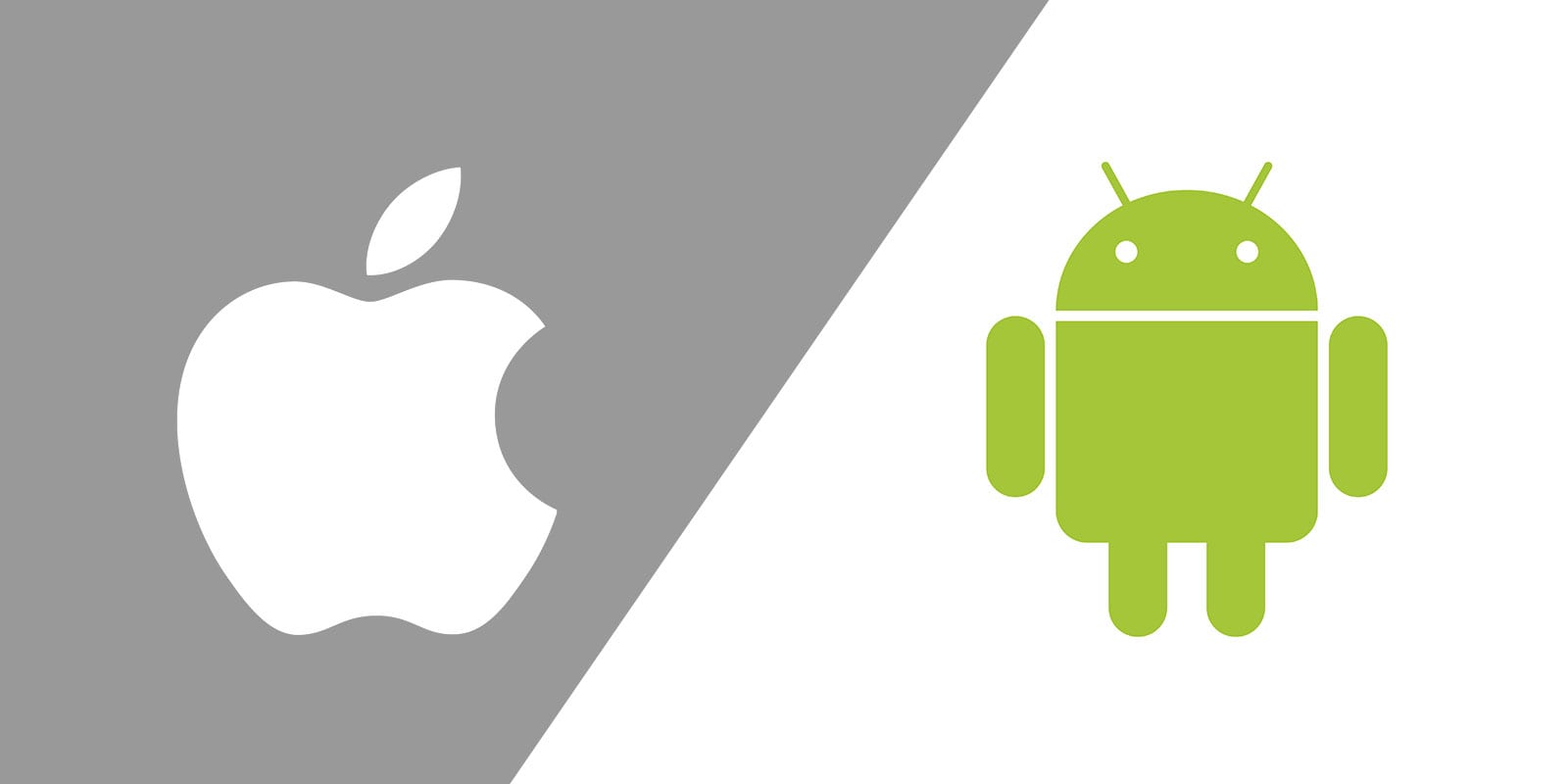
b. iOS Performance
Apple operating systems has complete control over both hardware and software, which allows them to optimize performance more effectively. While iOS offers fewer device options than Android, every iPhone consistently delivers high performance and responsiveness, especially on newer devices like the iPhone 14 Pro, which features the A16 Bionic chip. This chip ensures an ultra-smooth experience, whether for everyday tasks or demanding games.
Key Point: Android performance can vary by device, while iOS ensures consistent high performance across all Apple devices.
4. Android vs iOS: Security, Privacy Features, and User Data Protection
a. Android Security
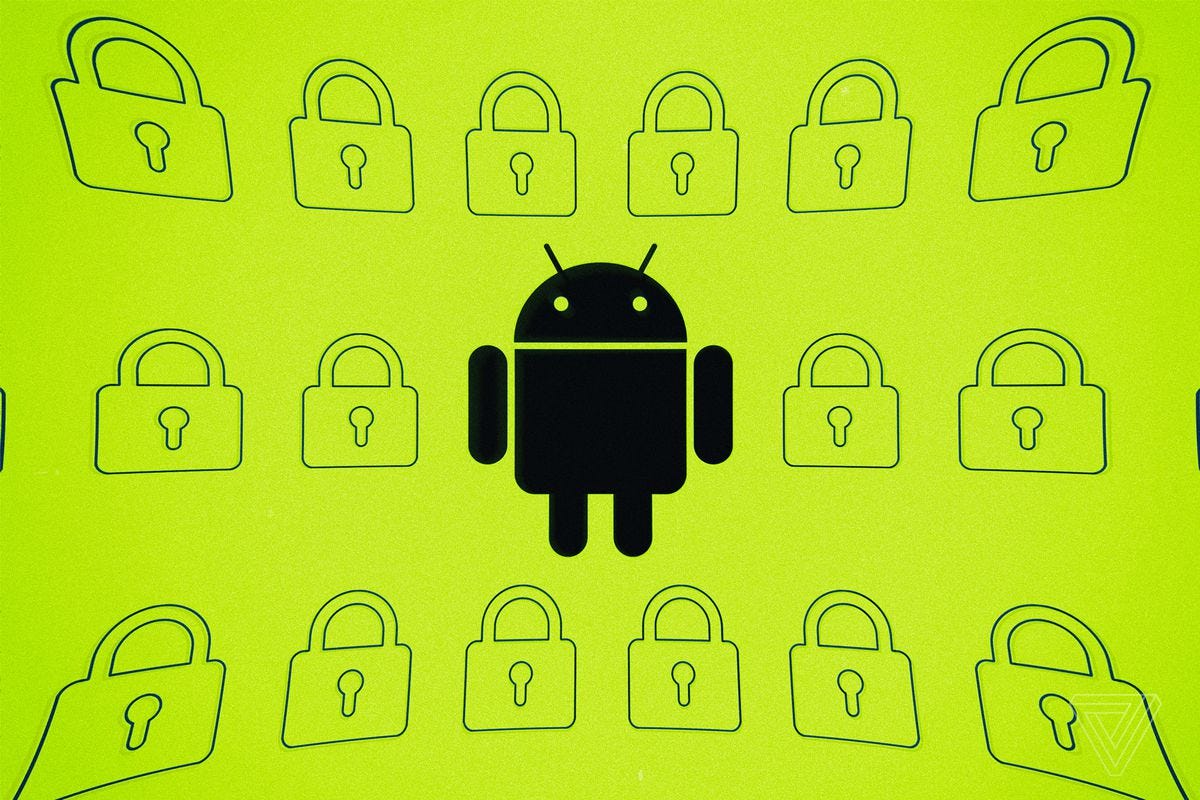
Android operating systems has various security features, but due to its open-source nature and more open ecosystem, Android devices can be more vulnerable to malware and malicious apps. However, Google is continually improving Android’s security with regular updates and features like Google Play Protect.
b. iOS Security

iOS is known for its superior security. Apple strictly controls the apps available on the App Store, and its encryption systems are highly advanced. Features like Face ID and Touch ID add extra layers of security. The iPhone 14 Pro, for instance, is equipped with cutting-edge security features, including data encryption and biometric protection via Face ID.
Key Point: iOS is superior in terms of security and privacy due to Apple’s strict control, while Android, being more open, is more prone to external threats.
5. App Ecosystem & Compatibility: Play Store vs App Store
a. Android Apps
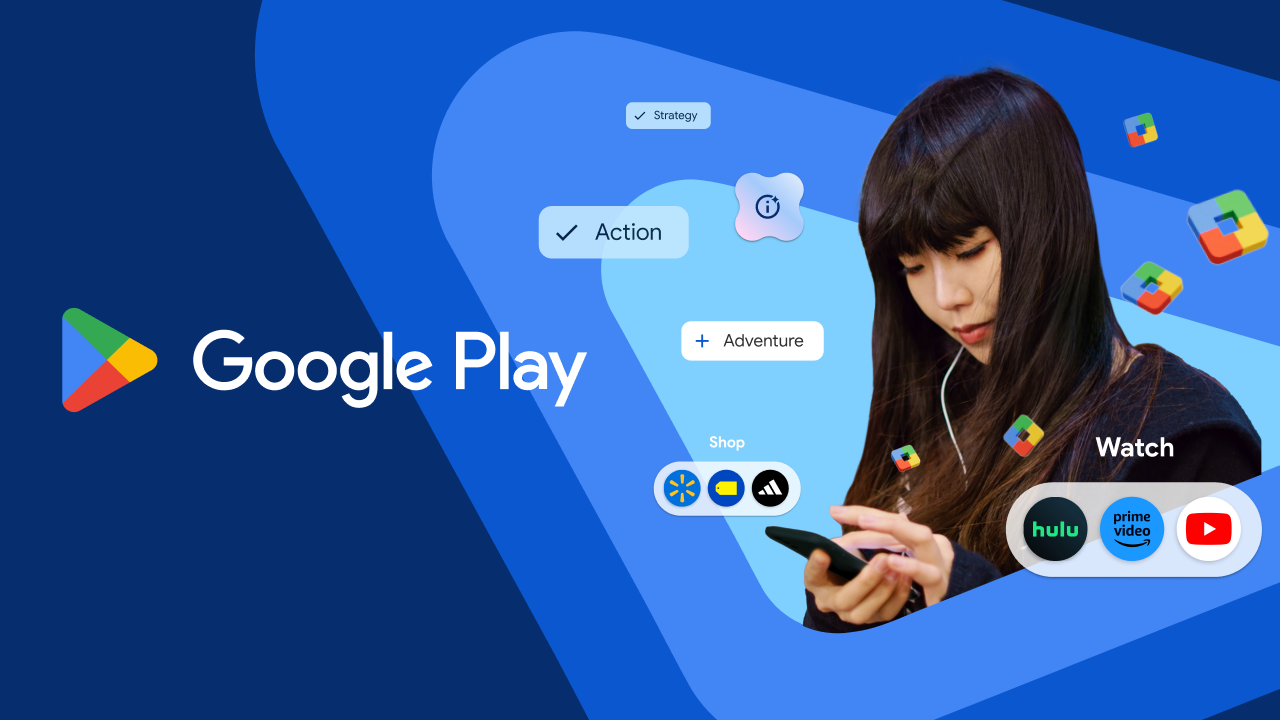
Android provides more freedom when it comes to apps and where they can be downloaded from. Users can access apps from various sources beyond the Google Play Store, which provides a wider range of app options, though quality and security may vary.
b. iOS Apps
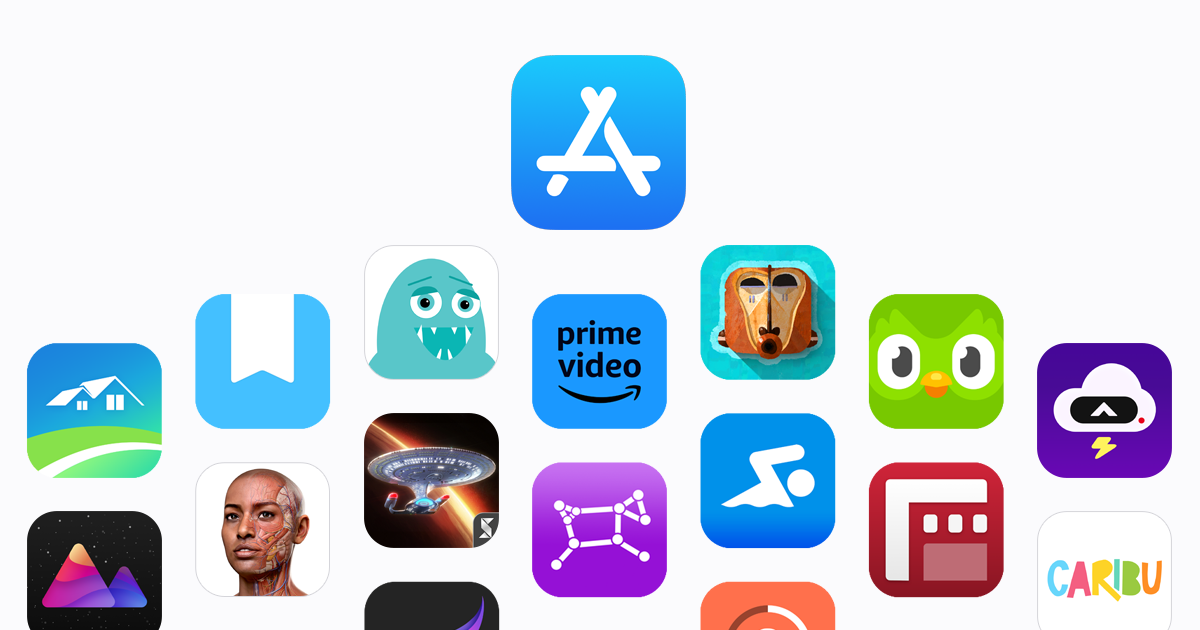
Apple maintains strict control over the apps available in the App Store. Although the app selection may be slightly smaller compared to Android, the quality of apps on iOS is generally higher and more secure. Additionally, the Apple ecosystem, including services like iCloud, Apple Watch, and Mac, works seamlessly together. iPhone 14 Pro users, for instance, can enjoy smooth synchronization across their Apple devices and services.
Key Point: Android offers more variety and freedom in app sources, while iOS apps are more tightly controlled and integrated into the Apple ecosystem.
6. Android vs iOS: System Updates, Software Support, and Device Compatibility
a. Android Updates
Android devices sometimes face issues with timely system updates because updates are dependent on the manufacturer and model. This means that some Android devices might not receive updates for a while.
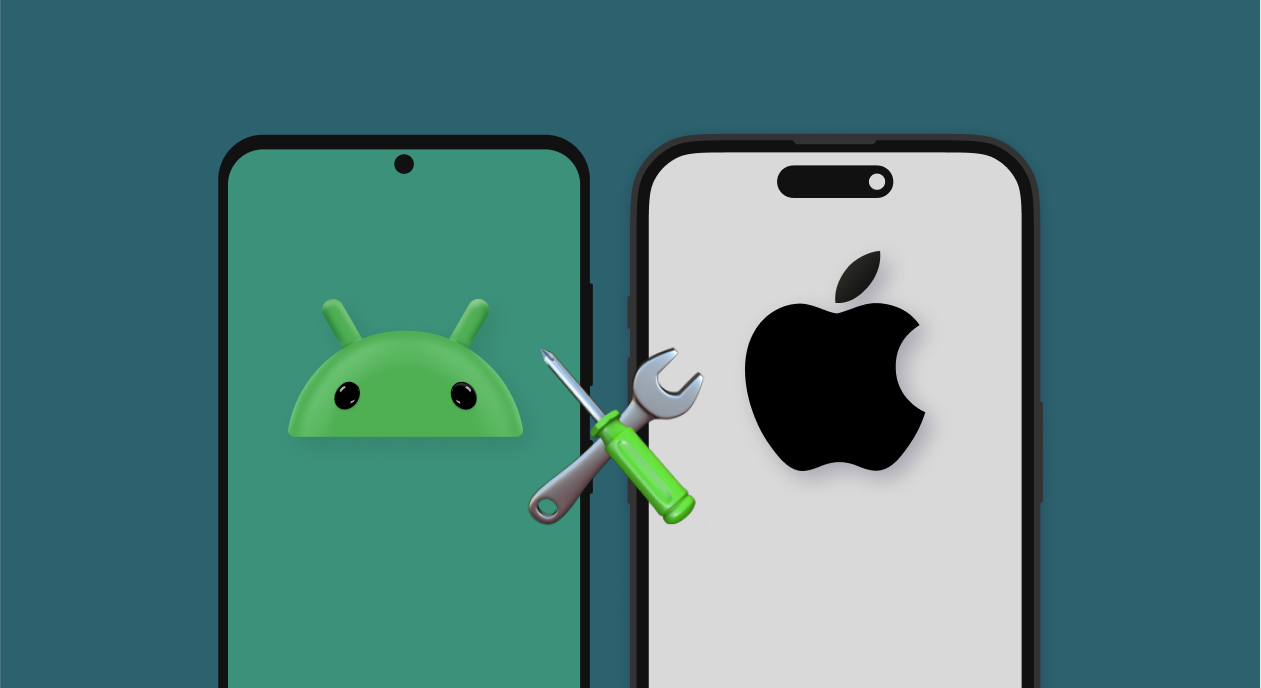
b. iOS Updates
One of iOS’s standout advantages is consistent and timely system updates across all compatible devices. Every iPhone receives updates directly from Apple, ensuring that users get the latest features and security fixes promptly.
Key Point: iOS offers more consistent and timely system updates compared to Android, which often depends on the manufacturer for updates.
7. Android vs iOS: Pricing, Device Variety, and Best Value Options
a. Android Devices
Android devices come in a wide range of price points, from affordable entry-level models to premium flagship devices. This provides more options for consumers with varying budgets.
b. iOS Devices
iOS devices are limited to iPhones and iPads. While iPhones come in various models, Apple devices generally carry a premium price tag compared to many Android phones.
Key Point: Android offers a broader range of devices at various price points, while iOS is limited to premium-priced Apple devices.
Both Android and iOS have their unique advantages. Android offers more freedom, customization, and a wider selection of devices at different price ranges. On the other hand, iOS provides a more consistent, secure experience with seamless integration into the Apple ecosystem. The best choice depends on your personal preferences—whether you value customization and freedom or security and integration with Apple products.
No matter which platform you choose, both Android and iOS continue to evolve, delivering exceptional user experiences and meeting the ever-changing demands of the digital world.
